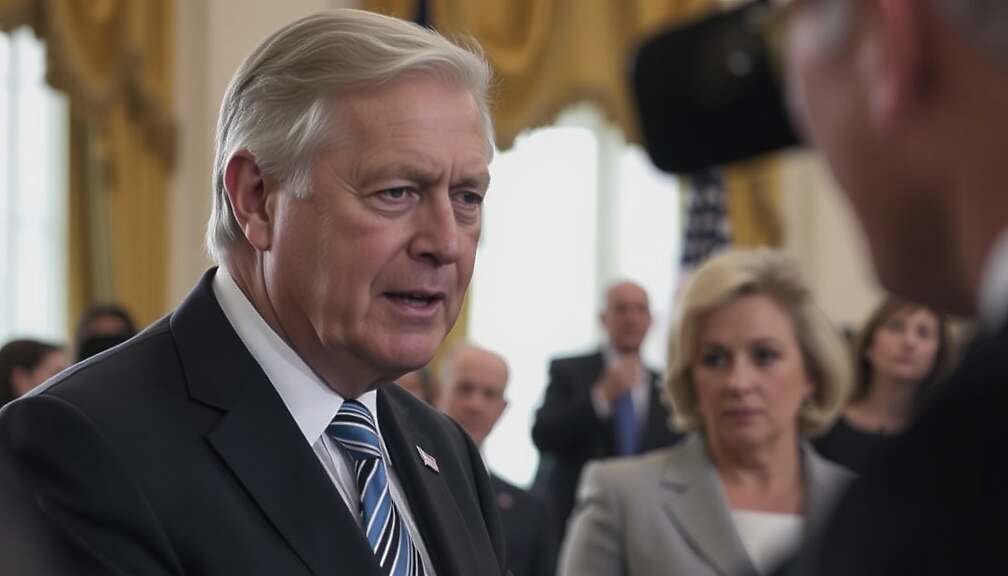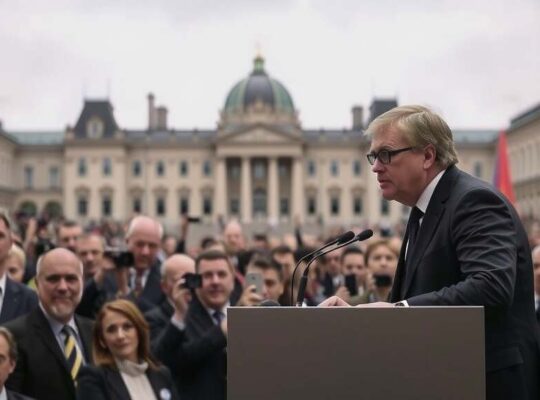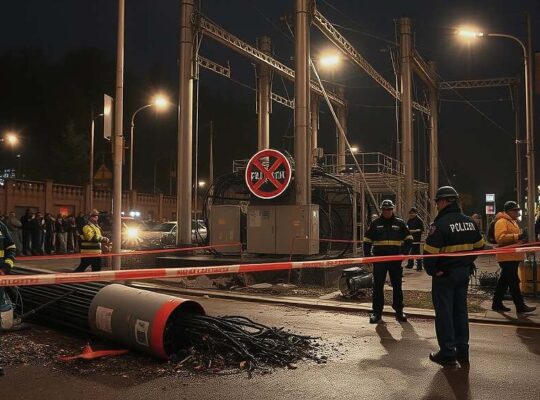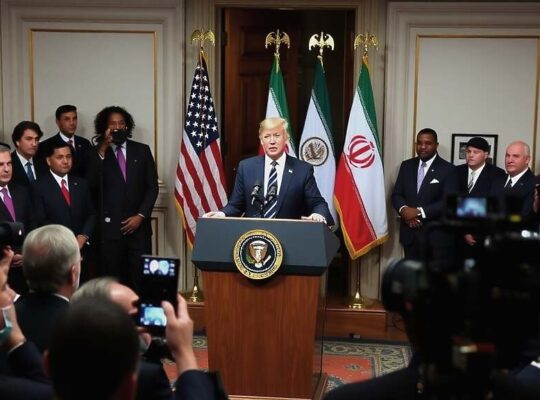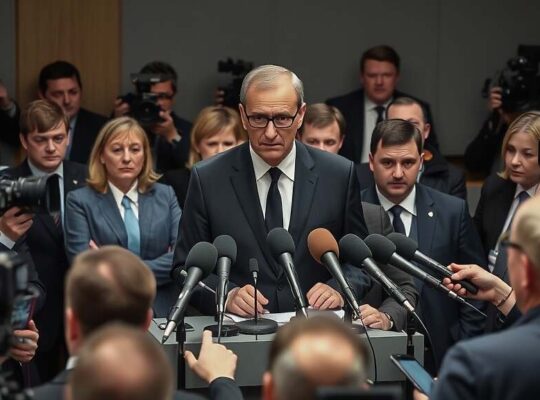The rising tide of antisemitism in Germany is prompting a fierce debate within the country’s political landscape, with prominent figures calling for unwavering adherence to the nation’s commitment to “never again”. Bundestag President Julia Klöckner (CDU) has issued a stark warning to newcomers, asserting they must accept and uphold Germany’s stance against antisemitism, a position echoed by Interior Minister Alexander Dobrindt (CSU).
Klöckner’s statements, made in an interview with “Der Tagesspiegel”, represent a direct response to remarks by former President Joachim Gauck, who criticized Germany’s historical neglect of antisemitism originating from the Arab world. Dobrindt similarly highlighted the multifaceted nature of the problem, identifying antisemitism rooted in right-wing extremism, imported hatred from parts of the Arab world and even leftist currents masquerading as criticism of Israel. He declared that those spreading antisemitic hate, regardless of their origin, stand outside the German community.
The Central Council of Jews in Germany, represented by President Josef Schuster, has voiced serious concerns about the escalating threat, particularly since the events of October 7th. Schuster emphasized the explosive growth of Islamism-motivated antisemitism, compounded by a concerning alliance with leftist ideologies cloaked in the guise of anti-Zionism. This presents “a new and acute threat to Jewish life in Germany” requiring a broadening of societal awareness beyond the dangers of right-wing antisemitism.
However, the discourse has also drawn criticism. Jan van Aken, chairman of the Left Party, cautioned Gauck against assigning blame. He argued that antisemitism remains primarily a phenomenon within German society, deeply embedded in historical traditions, including the horrors of Nazism. Van Aken questioned the notion that criticism of antisemitism stemming from Arab communities is insufficient in the media, asserting that attacks on Jewish individuals are typically reported regardless of their perpetrators. He urged self-reflection rather than external attribution, highlighting ongoing internal conflicts within the Left Party regarding anti-Israel sentiment.
The exchange reflects a broader struggle within Germany to grapple with the complexities of contemporary antisemitism, with a significant element of disagreement regarding the relative importance of internal versus external factors and the appropriate response to this rising threat. The debate underscores the fragility of Germany’s commitment to its foundational principle of “never again” and the potential for societal division as it confronts its past and navigates an increasingly fractured present.


